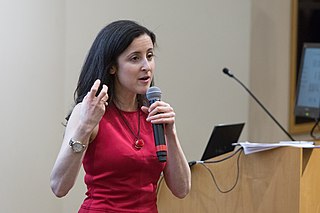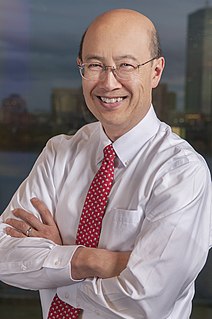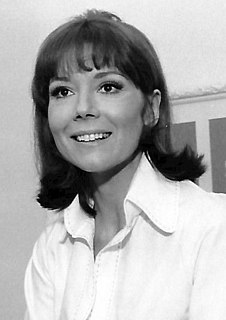A Quote by Adam Davidson
The economics profession advances by one confusing financial disaster at a time.
Related Quotes
Since the global financial crisis and recession of 2007-2009, criticism of the economics profession has intensified. The failure of all but a few professional economists to forecast the episode - the aftereffects of which still linger - has led many to question whether the economics profession contributes anything significant to society.
There is a big divergence between views on a variety of policy issues from fiscal stimulus to financial regulation. It's my hope and my ambition for the economics profession that as we advance our knowledge, that those discussions will narrow in their focus, and that it will help to have more prudent policy-making down the road.
For a variety of reasons, I have always felt myself an outsider. I don't know how to classify myself in economics. I am a loner. I do not like groupthink, which, if anything, has become more important in economics. In addition, a lot of the values I hold are not the mainstream values in the profession.
Taking a look back, one big reqret is, I left Harvard with no real awareness of the awful inequities in the world. The appalling disparities of health and wealth and opportunity that condemned millions of people to the lives of despair. I learned a lot here at Harvard about new ideas and economics, and politics. I got great exposure to the advances being made in the sciences. But humanities greatest advances are not in its discoveries, but in how those discoveries are applied to reduce inequity.
My clinical psychologist wife of 40 years has always had a close intellectual influence on me. When I was beginning to talk openly in the economics profession about irrationality in decision-making, I received a lot of criticism. Ginny would support my views and remind me that a whole other profession - psychology - studies people's irrational sides.
My mother and my father taught me to look at the actual problem, not the face of it, not the veneer of it. So for me, I was never - I was impressed that it - racially, I was impressed, right, but now in America it's about economics, and it's been about economics, and honestly, everything's been about economics since I don't want to say the beginning of time, but it's been about economics for a long while.































